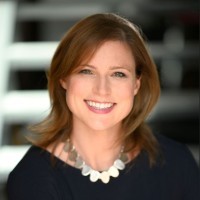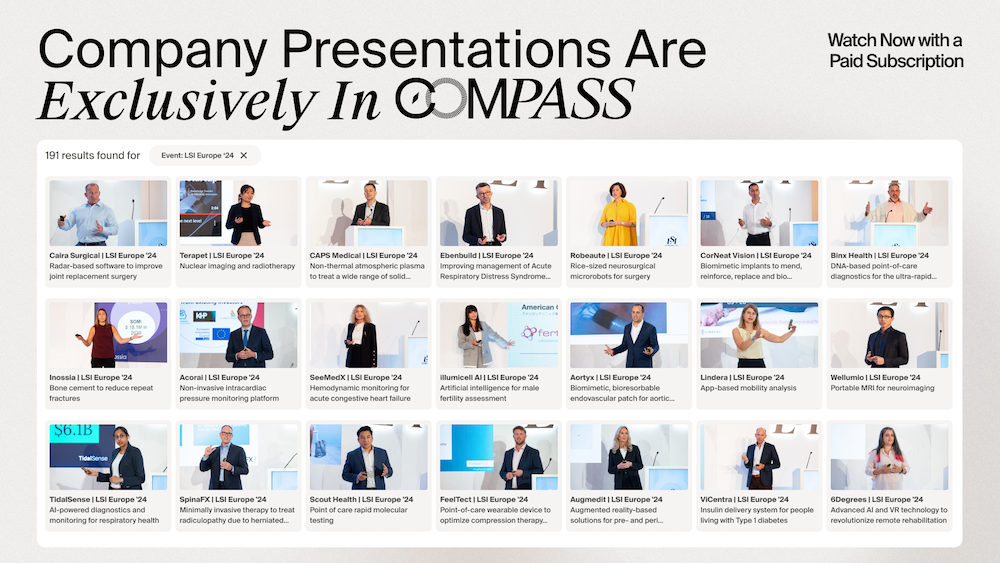- Video Library
- Ashleigh Kennedy, Neurovine - Concussion Recovery Solutions | LSI Europe '22
Ashleigh Kennedy, Neurovine - Concussion Recovery Solutions | LSI Europe '22
shaping the future of
Medtech at LSI USA ‘26
Waldorf Astoria, Monarch Beach

Ashleigh Kennedy
Ashleigh Kennedy, Ph.D., is a seasoned entrepreneur with a postdoctoral fellowship from the Toronto Rehabilitation Institute and the University of Waterloo in brain activity (EEG). Ashleigh is a Stanford University alumni where she holds the 400m sprint record for indoor track and field. Before founding Neurovine, Ashleigh ran a successful consulting company that validated new innovations for health technology startups and large medical institutions.
Ashleigh Kennedy
Ashleigh Kennedy, Ph.D., is a seasoned entrepreneur with a postdoctoral fellowship from the Toronto Rehabilitation Institute and the University of Waterloo in brain activity (EEG). Ashleigh is a Stanford University alumni where she holds the 400m sprint record for indoor track and field. Before founding Neurovine, Ashleigh ran a successful consulting company that validated new innovations for health technology startups and large medical institutions.

17011 Beach Blvd, Suite 500 Huntington Beach, CA 92647
714-847-3540© 2026 Life Science Intelligence, Inc., All Rights Reserved. | Privacy Policy







